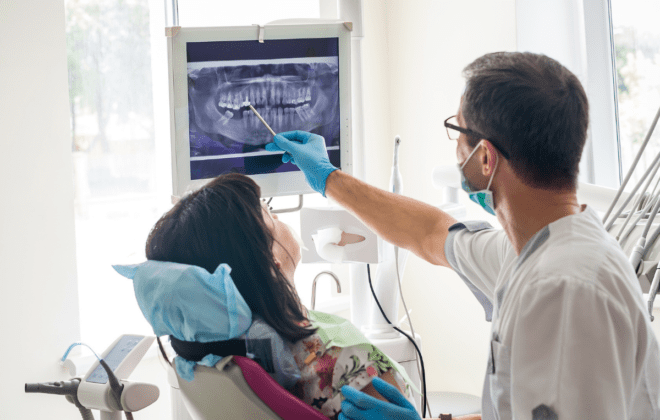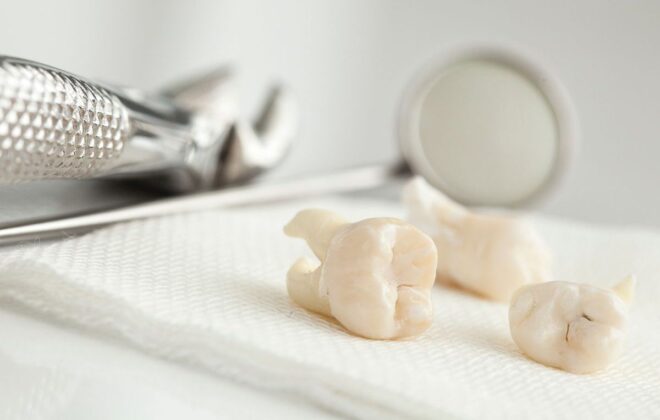Guide to Selecting the Perfect Toothbrush and Toothpaste
Maintaining proper oral hygiene is essential for a healthy smile. While brushing your teeth twice a day is a fundamental part of oral care, choosing the right toothbrush and toothpaste can make a significant difference in the effectiveness of your routine. In this blog post, we will provide you with valuable tips to help you make informed decisions when selecting the right toothbrush and toothpaste for your oral health needs, based on data from the American Dental Association (ADA).
1. Selecting the Right Toothbrush:
a. Bristle Type: Opt for a toothbrush with soft or extra-soft bristles. These are gentle on the gums and teeth, reducing the risk of enamel erosion or gum irritation. The ADA recommends avoiding hard bristles, as they can be too abrasive.
b. Size and Shape: Look for a toothbrush head that comfortably fits in your mouth, allowing easy access to all areas of your teeth. According to the ADA, most adults find that a toothbrush head about a half-inch wide and one inch tall is suitable for efficient cleaning.
c. Manual vs. Electric: Both manual and electric toothbrushes can effectively clean your teeth. The ADA states that if used correctly, both types can be equally effective in plaque removal. Electric toothbrushes with rotating or oscillating heads can provide added convenience and efficiency. Choose the type that you feel most comfortable using and can maintain proper technique with.
2. Understanding Toothpaste Options:
a. Fluoride Toothpaste: Fluoride is essential for strengthening tooth enamel and preventing cavities. The ADA recommends using fluoride toothpaste to ensure optimal oral health. Look for toothpaste that contains fluoride, particularly if you have a higher risk of tooth decay or live in an area without fluoridated water.
b. Toothpaste for Sensitivity: If you have sensitive teeth, the ADA suggests using toothpaste specifically formulated for sensitivity. These toothpastes help reduce discomfort by blocking the tubules in the dentin, which are pathways to the nerves in your teeth.
c. Whitening Toothpaste: Whitening toothpaste can help remove surface stains and make your teeth appear brighter. However, the ADA advises caution with whitening toothpaste, as they may contain abrasive ingredients that can lead to tooth sensitivity and enamel erosion. It’s best to consult your dentist before using whitening toothpaste.
d. Toothpaste for Gum Health: Some toothpaste formulations are designed to improve gum health and reduce gum inflammation. These kinds of toothpaste may contain antimicrobial agents or herbal extracts that can help control bacteria and promote healthier gums. Talk to your dentist about toothpaste options that can benefit your gum health.
3. Brushing Technique and Maintenance:
a. Brushing Technique: Use gentle, circular motions to clean all tooth surfaces, paying attention to the gum line. Brush for at least two minutes, twice a day. Avoid vigorous brushing, as it can damage the enamel and gums.
b. Toothbrush Replacement: Replace your toothbrush or toothbrush head every three to four months or sooner if the bristles become frayed. A worn-out toothbrush is less effective in plaque removal.
c. Clean and Store Properly: Rinse your toothbrush thoroughly after each use and store it upright in an open area to air dry. Avoid covering or storing it in a closed container, as it can promote bacterial growth.
In conclusion, choosing the right toothbrush and toothpaste is an important step in maintaining excellent oral health. Prioritize soft bristles, a comfortable toothbrush size, and fluoride-containing toothpaste. Take into account specific dental needs, such as sensitivity or gum health, and consult with your dentist if necessary. Remember to practice proper brushing techniques, replace your toothbrush regularly, and maintain good oral hygiene habits. By making informed choices, you can enjoy the benefits of a bright, healthy smile!


